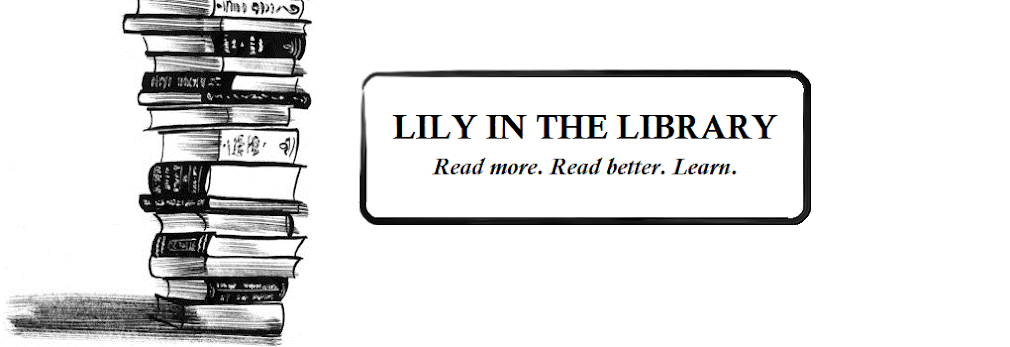I got this tag from my friend, Zell @ zellkrism. For the record, I am an INTP.
Questions
1-What makes
you angry?
Injustice,
double standards, stinky mouth & feet
2-What do
you like/dislike most about people?
I like
smart, witty, and logical people. Actually, as long as people are kind-hearted,
I feel obliged to like them because it is the polite mannered.
I dislike dumb,
unthinking, people. I hate it when people answered me with a lazy “No idea.”
3-Do you
like animals? why?
Total
indifferent. I recently acquired a cat though and I feel really fond and proud
of him.
4-What do
you like most about the favorite people in your life?
I like that
they leave me alone and do not force me to participate in their activities or
pressure me into liking what they like. We generally leave each other alone and
yet still able to talk about a wide variety of subjects when reunited.
5-What do
you like/dislike most about yourself?
I like my
aloofness. It secures me from unwanted attention as people are quick to judge
me as reserve, snobbish and shy. I also like that I generally don’t care about
people business (unless it interests me—which is rare).
Sometimes I
take things too seriously and I dislike that. It makes me feel vulnerable.
6-Do you
care about being fashionable? why/why not?
No. I just
don’t care.
7-Do you
prefer to fit in or stand out?
Depends on wherever
I’m most comfortable.
8-What
activities do you enjoy?
Reading,
thinking, analysing, dreaming. For rigorous activities, I like walking and
hiking because they provide me alone time to do more thinking; alone because
none of my family and friends like long distant walking and hiking.
9-What makes
you feel secure?
Having my
family, money and alone time.
10-Do you
like being in a relationship? Why/why not?
I do. He
filled in the right space in my life and completed the circle of my family and
friends. He provides me with the type of support that is different from those
given by my family and friends. More importantly he is smart and successful
thus inspiring me to be a better person as a whole. I know myself enough to
know I won’t respect a partner who is less knowledgeable than I am.
11-What do
you love and why? Could be people, things, places, etc...
I love
myself, my family (my cat included) and knowledge.
12-What do
you spend the most time thinking about?
Myself and ways
to improve my mind.
13-How much
have you changed over the years? Who were you as a child?
My outlook
and the way I perceive the world change as I read and experience more. Fundamentally
though, I’m still the same person; always strive to better myself and feel like
an outsider wherever I am.
So, that's it. Feel free to do the tag.








